Cheka Sana shelter, Tanzania
Mwanza / Tanzania
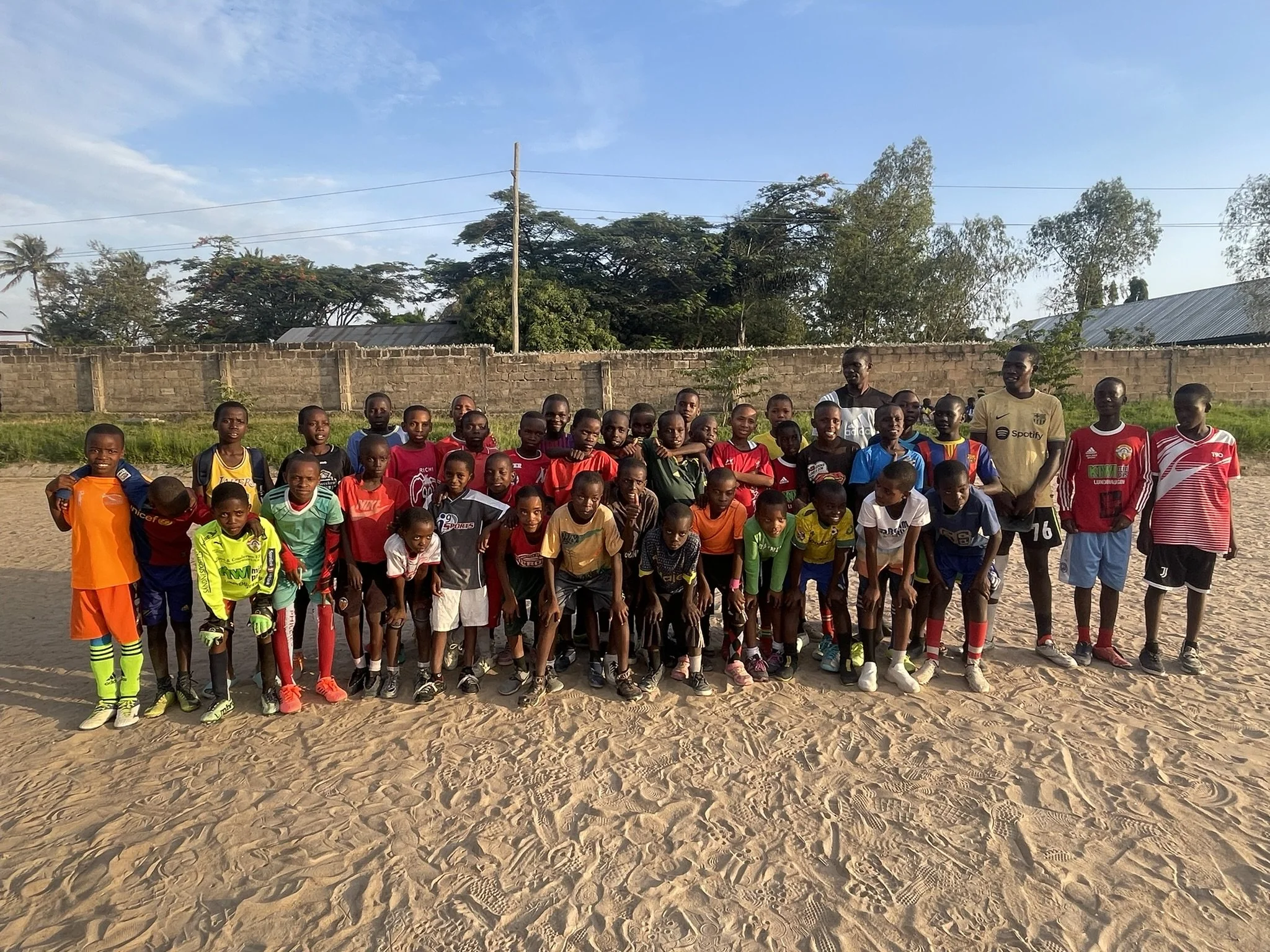

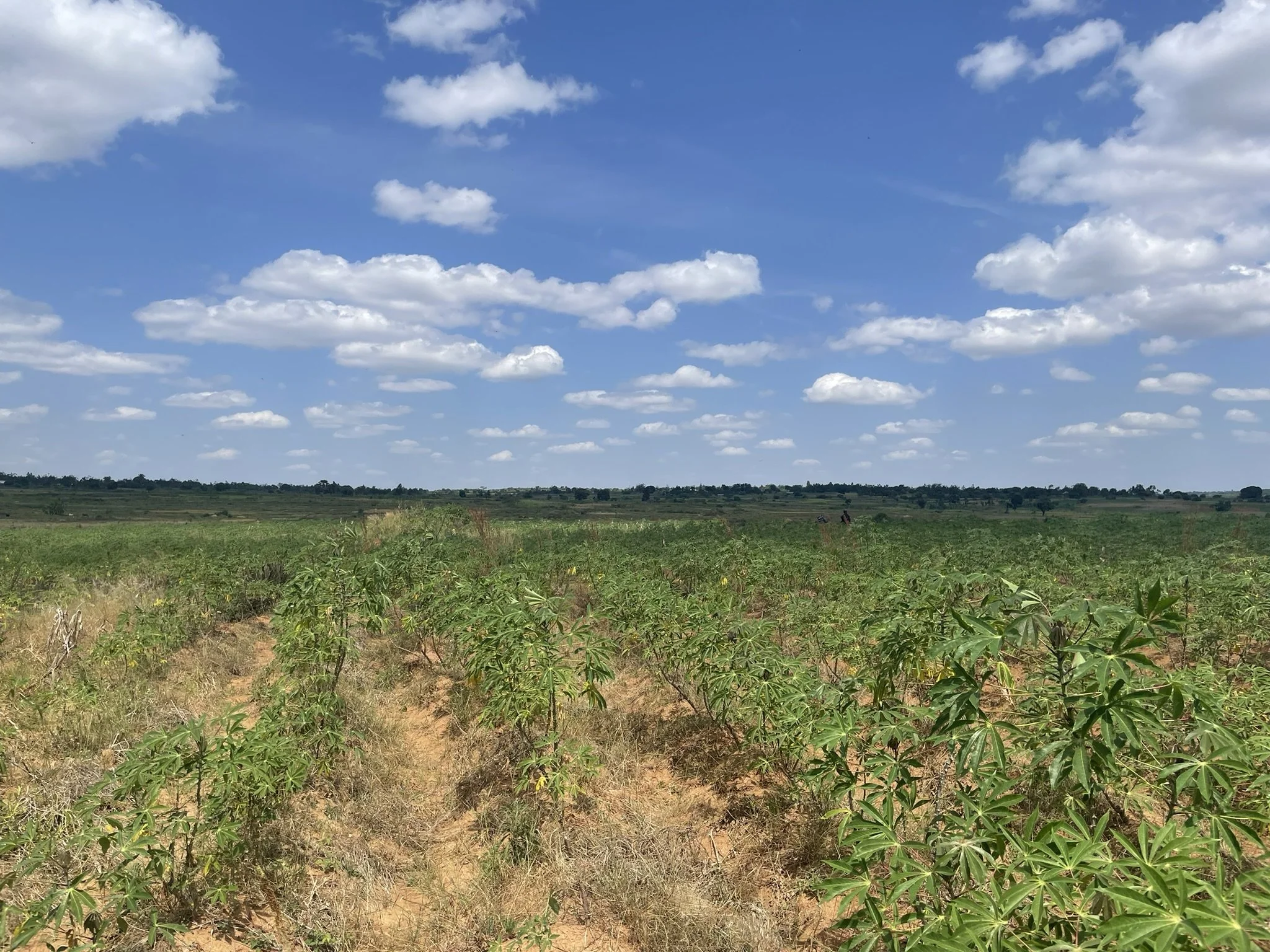
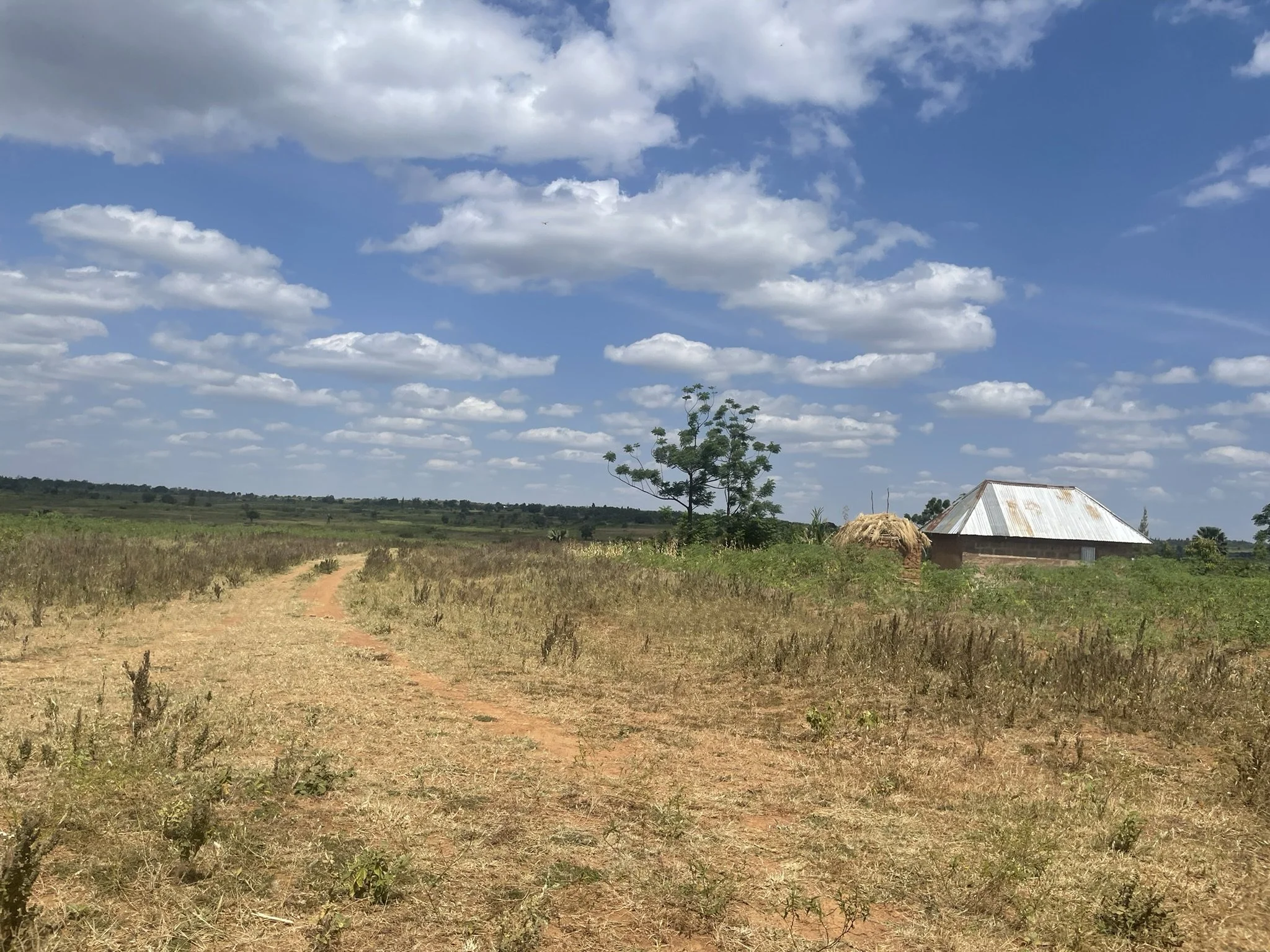
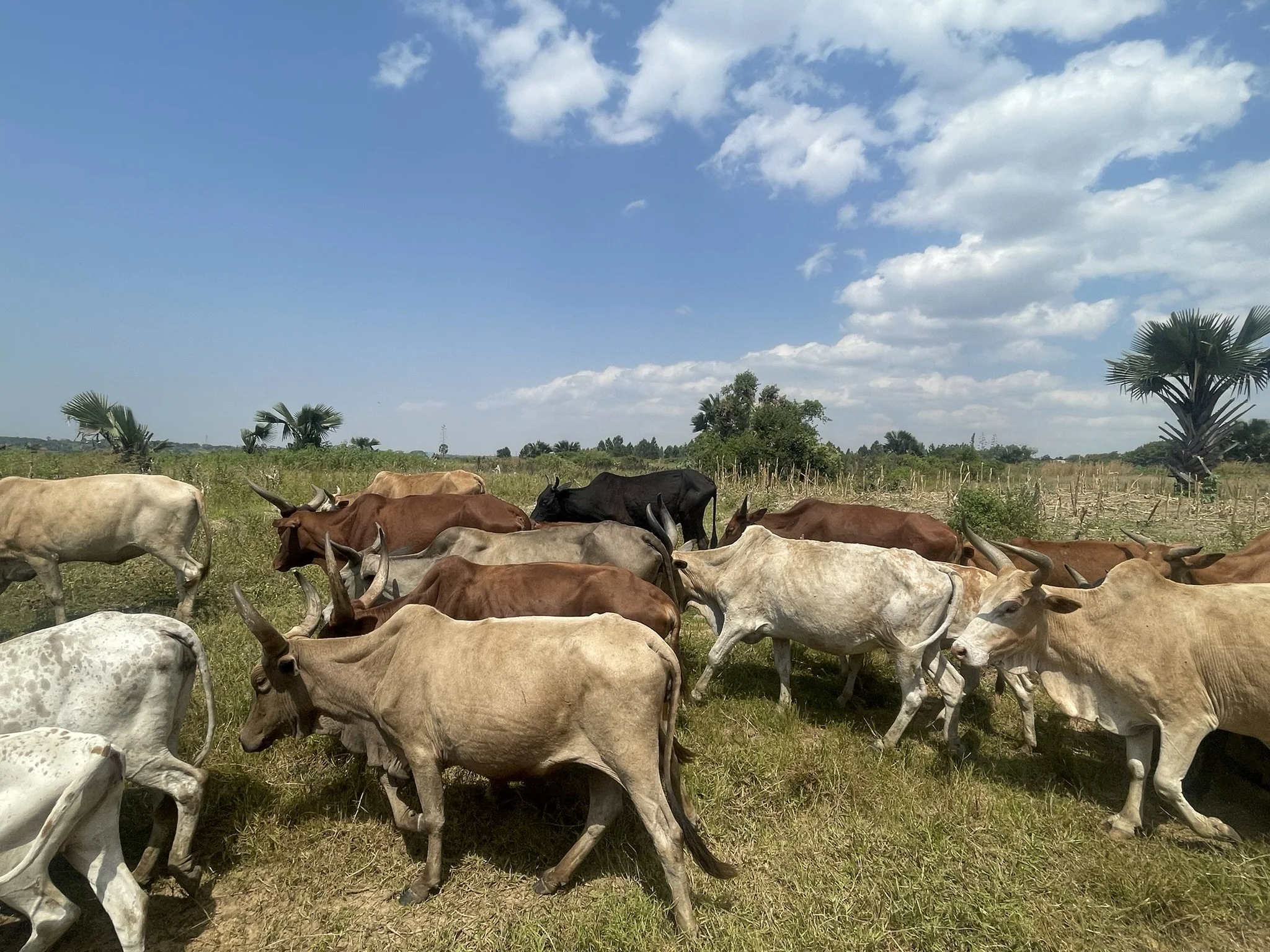
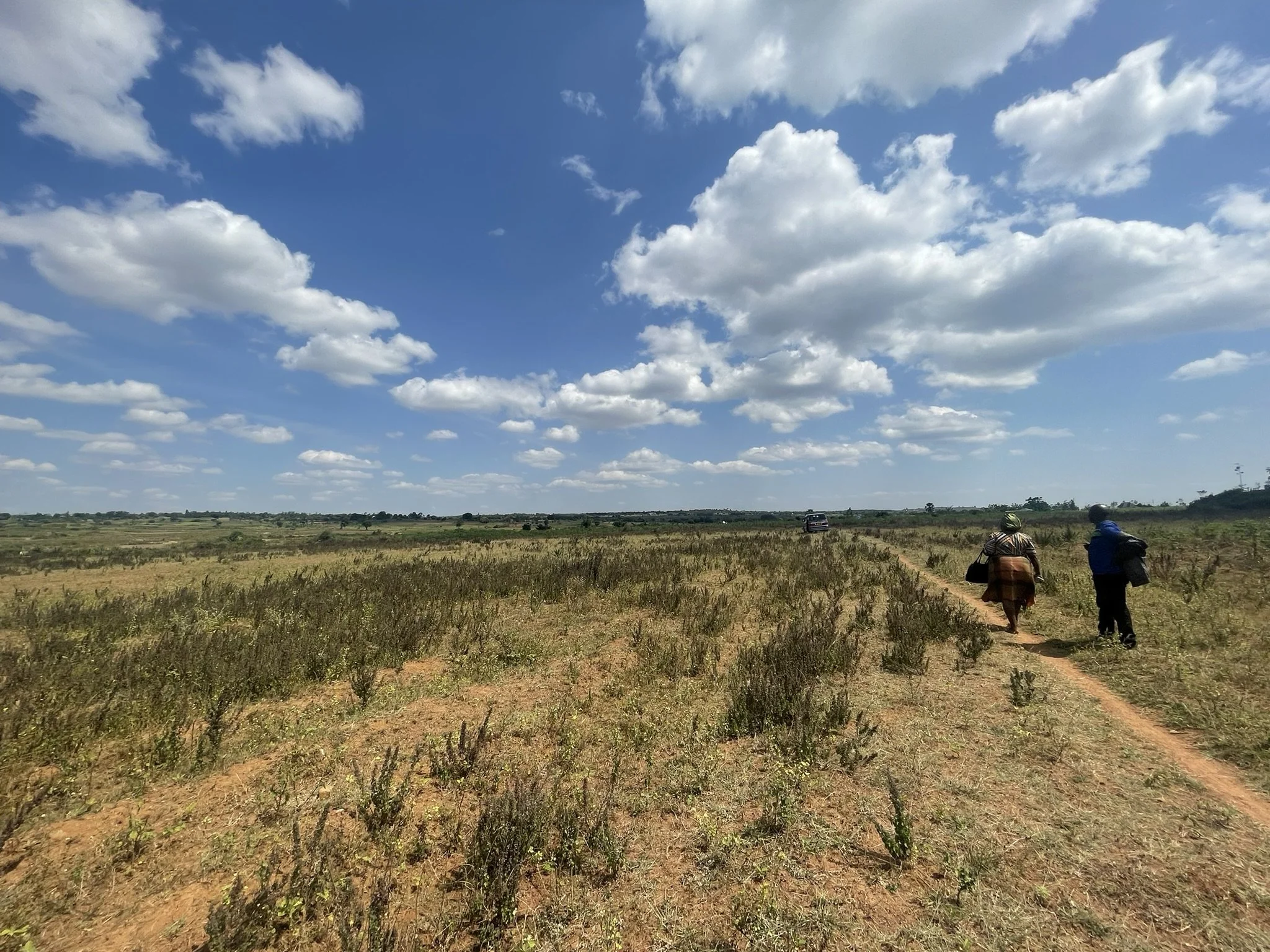
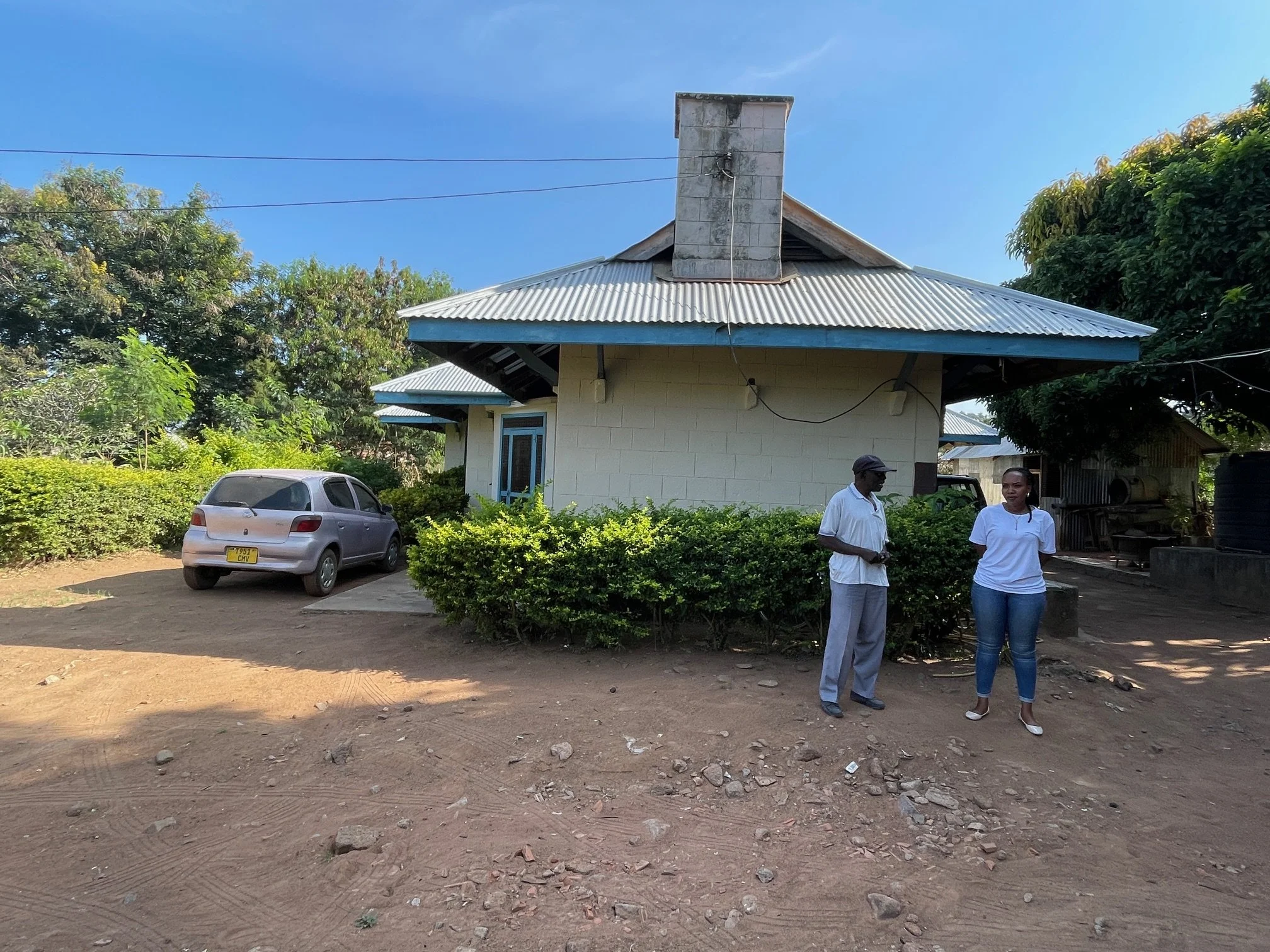
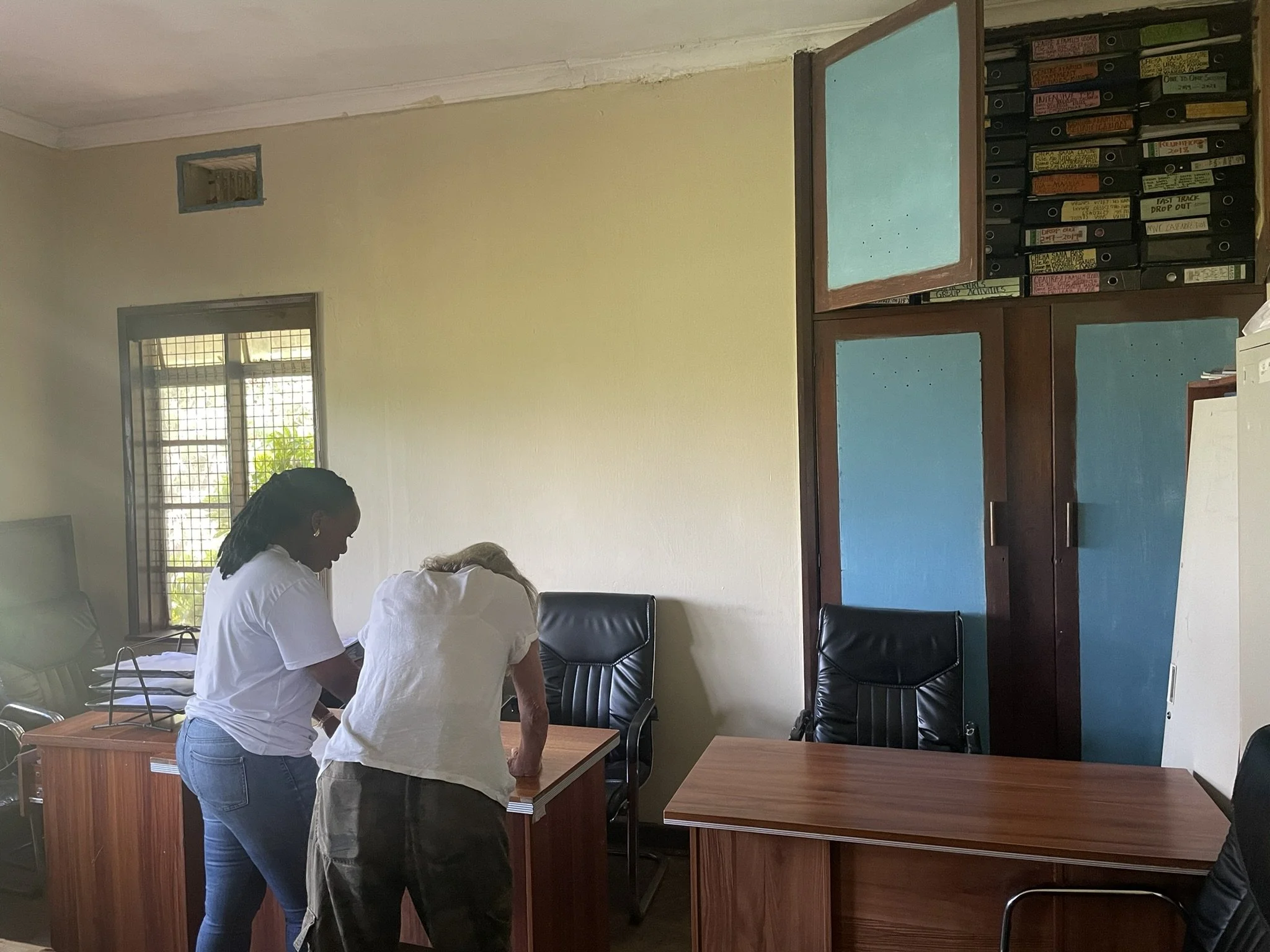
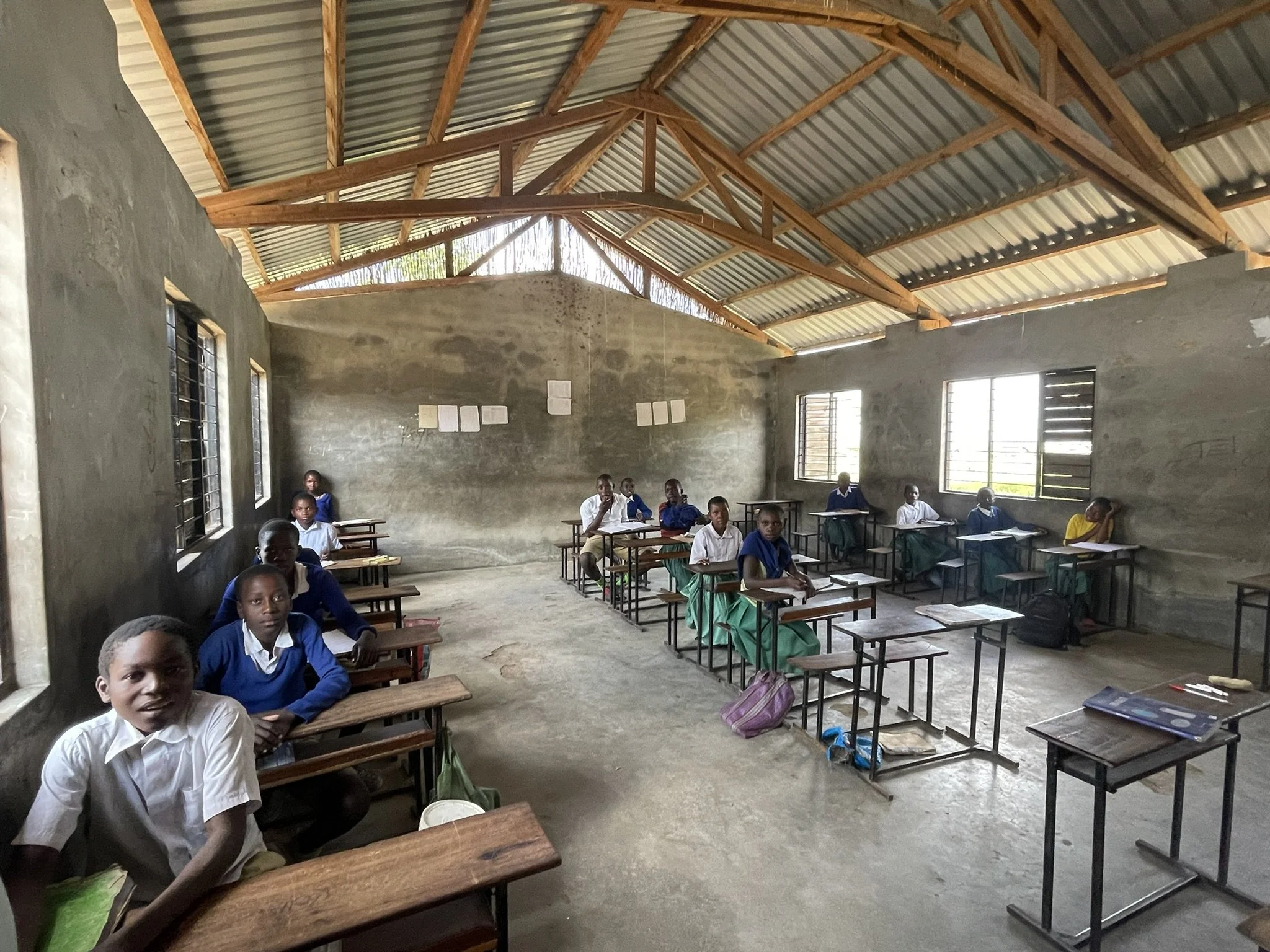
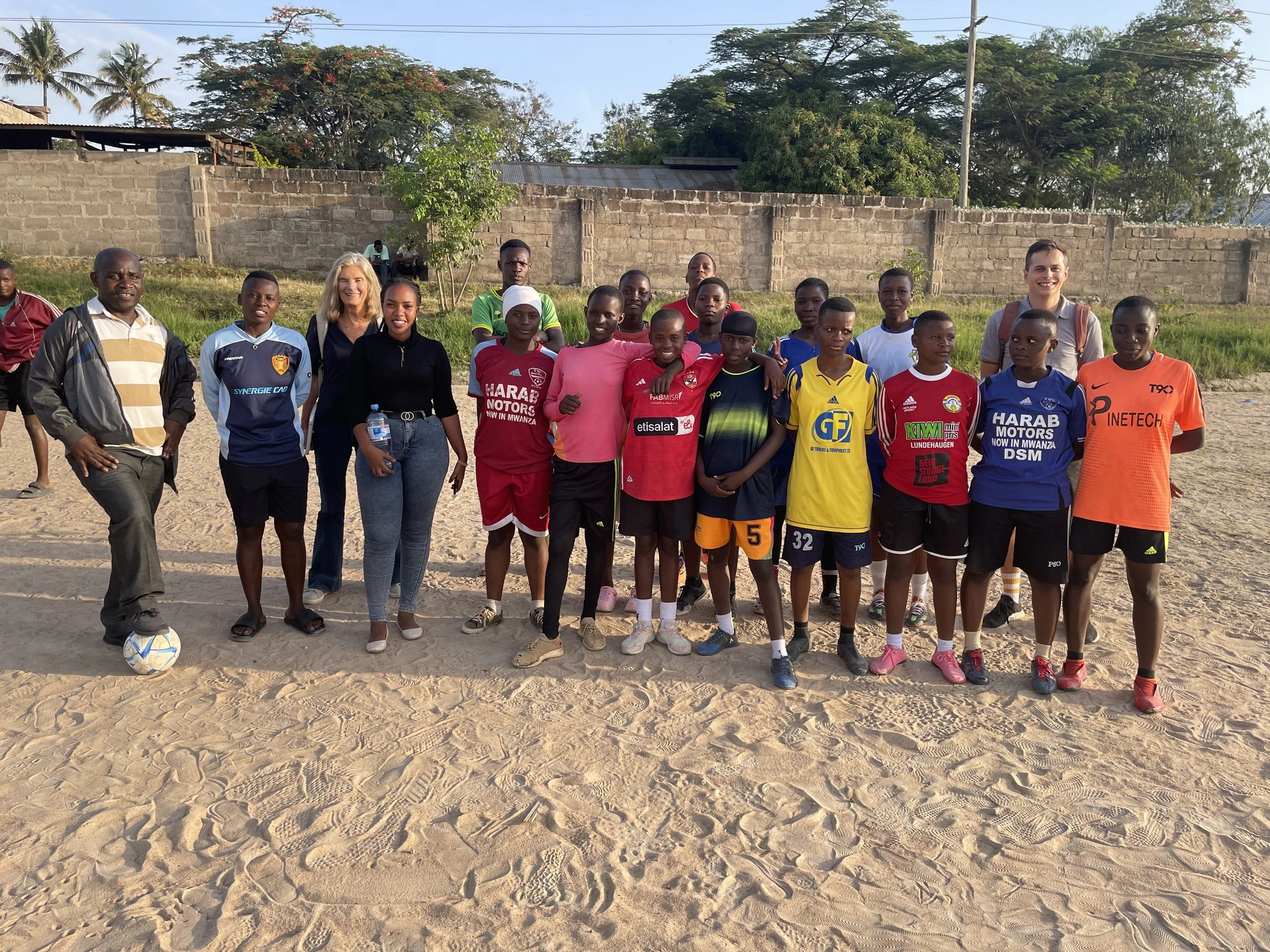
Why this project matters
The Cheka Sana Shelter project, initiated by the Cheka Sana Foundation in partnership with Article 25, aims to provide safe, temporary shelter for street-connected children in Mwanza, Tanzania. Many of these children have been displaced due to poverty, hunger and family disintegration, leaving them vulnerable to exploitation, abuse and crime. This project offers these children a secure environment where they can process trauma, develop life skills, and work towards family reunification or finding appropriate guardianship.
Tanzania, ranked 167th out of 193 countries on the UN Human Development Index, faces significant poverty, with nearly 45% of its population living on less than $2.15 per day. This economic hardship forces thousands of children to live on the streets, particularly in Mwanza, which has a high concentration of street-connected children. The lack of proper shelter and services puts them at risk, perpetuating the cycle of poverty and vulnerability.
The design
Together with the Cheka Sana Foundation, our team at Article 25 met with street-connected children and conducted multiple workshops with staff to evaluate the unique needs of the space. During this research phase we developed initial ideas and 3D visualisations to spark discussions, plus we presented the design to the CEO to further refine the project brief. This participatory approach allowed the design team to gain a deeper understanding of Cheka Sana’s work supporting street-connected children across the region, while identifying gaps in their care that the building design will help to address.
Article 25’s design for the Cheka Sana shelter will incorporate sustainable, locally sourced materials, reflecting the rich resources of the Mwanza region. The design will prioritise natural light, ventilation and a safe, secure environment to help the children process their trauma, which in turn will enable them to engage in learning, play and social interactions. This holistic approach is vital for supporting the children’s journey towards family reunification and long-term well-being.
The shelter will house up to 40 children in dormitories, with shared dining and classroom spaces to foster a sense of community. Additional facilities will include a space for vocational training workshops, an administration block, a trauma room for acute care, a medical room, and recreational spaces such as a football pitch and playground for the local community. Additionally, the site will be designed to operate off-grid, minimising reliance on absent municipal utilities by using an on-site borehole and solar panels to meet the children's needs.
Impact and delivery
Cheka Sana has already reunited over 8,000 children with their families in Tanzania, while supporting 5,630 parents in improving their parenting skills. This new accommodation will bridge a gap in current services, providing 24/7 care for up to 40 children at a time. Children will stay for an average of four months, receiving vital support before being safely rehomed and re-enrolled in school.
With the client aiming to start construction in 2025, the project will significantly impact both the children and the wider community, offering a long-term solution to homelessness and supporting Tanzania’s most vulnerable youth.







Local maps, project information and initial architectural drawings from feasibility study.
PROJECT TYPE: Accommodation, office + recreational grounds
PROJECT PARTNERS: Cheka Sana Foundation
STATUS: Feasibility study
